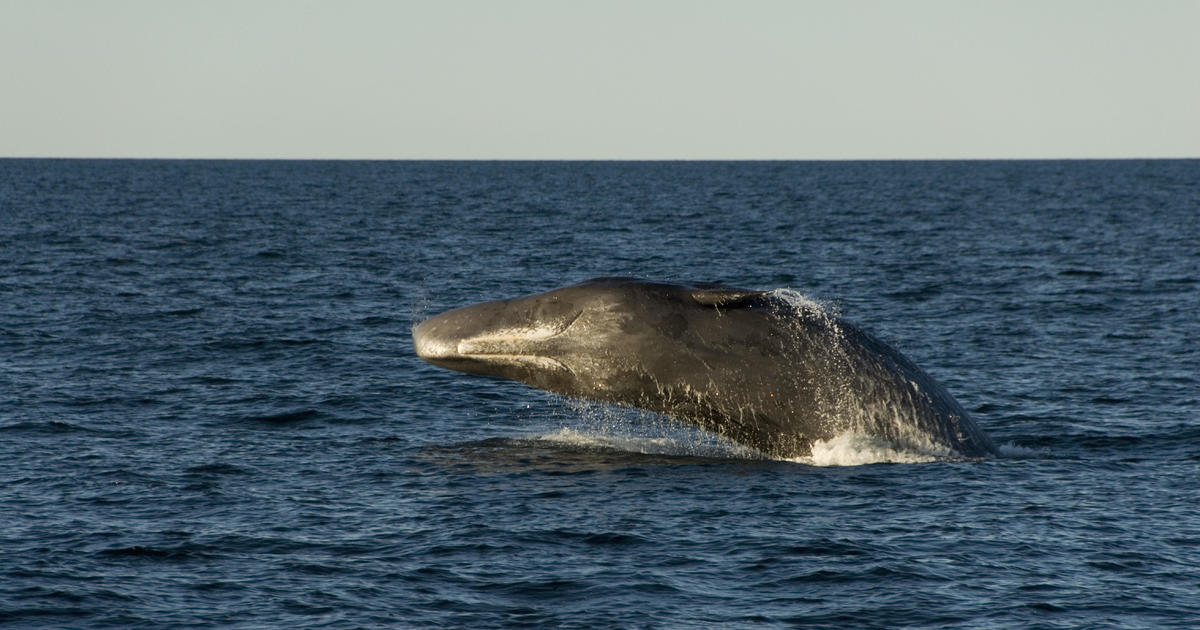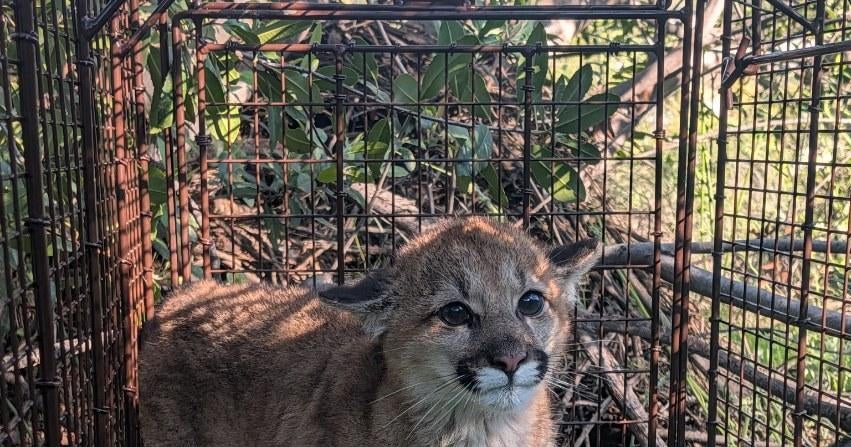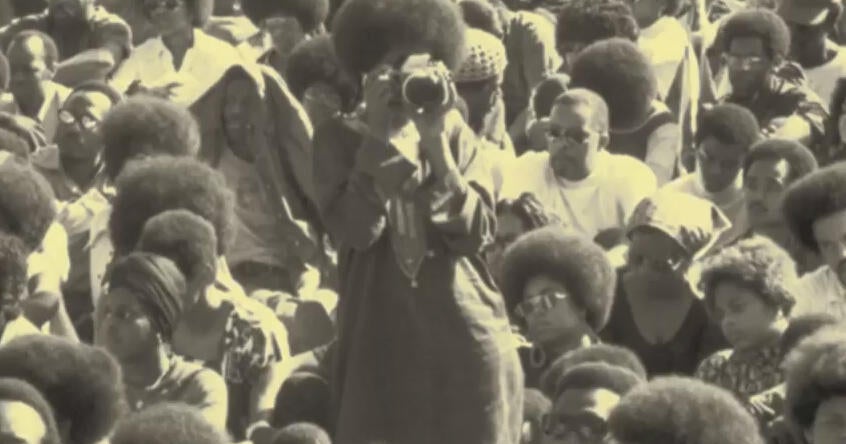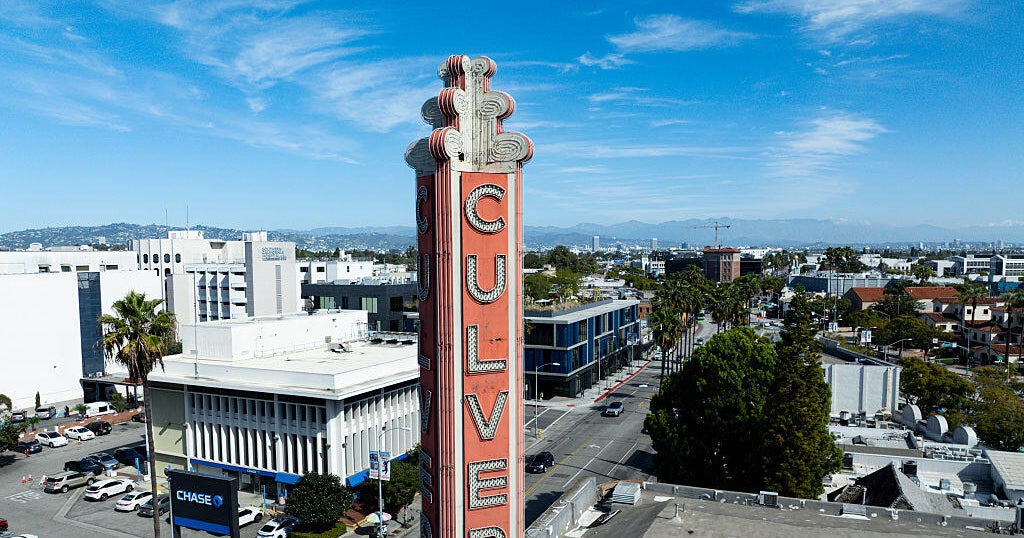Smithsonian To Preserve Great Barrier Reef Cells
WASHINGTON (AP) -- The Smithsonian Conservation Biology Institute is helping to build a frozen repository of living coral cells from the Great Barrier Reef that could restore a species in the future.
The Front Royal, Va.-based institute announced Wednesday it is partnering with the Australian Institute of Marine Science, Sydney's Taronga Zoo and others to freeze reproductive cells from the world's largest collection of corals.
Coral reefs provide a nursery for marine fish, serve as a storm barrier for coastlines, purify carbon dioxide and could produce future pharmaceuticals. But researchers believe they may die off within 100 years due to pollution and climate change.
A frozen cell bank could be thawed later to help restore or diversify a coral population. The Smithsonian pioneered frozen repositories for endangered elkhorn coral and Hawaiian mushroom coral.
(Copyright 2011 by The Associated Press. All Rights Reserved.)







